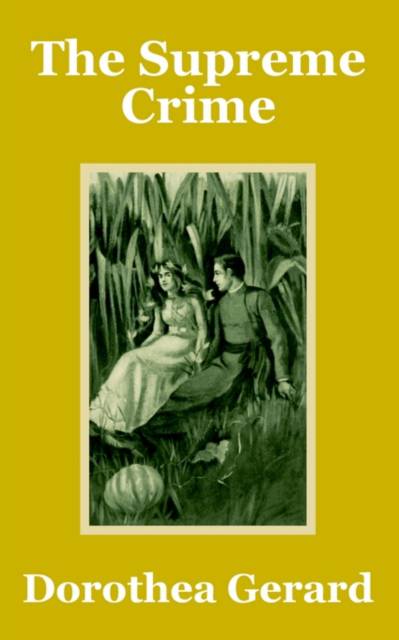
- Afhalen na 1 uur in een winkel met voorraad
- Gratis thuislevering in België vanaf € 30
- Ruim aanbod met 7 miljoen producten
- Afhalen na 1 uur in een winkel met voorraad
- Gratis thuislevering in België vanaf € 30
- Ruim aanbod met 7 miljoen producten
Zoeken
Omschrijving
A novel about a husband who believes his innocent wife guilty of poisoning his sister. The story depicts in considerable detail Ruthenian life in Austria, especially the priests of the Greek Church and their households: "For the enlightenment of English readers little acquainted with the religious customs of Eastern Europe, it is as well to point out, at the beginning of this story of Ruthenian life in Austria, that the representatives of this class belong to the branch of the Greek Church united to Rome, in which matrimony, although not absolutely obligatory for the clergy, is the almost universal condition. An aspirant not married at his ordination must be celibate for life-a rule which results in all Ruthenian priests, with very rare exceptions, being married men." Dorothea Gerard was a pseudonym of Mme. Longard de Longgarde (1855-1915).
Specificaties
Betrokkenen
- Auteur(s):
- Uitgeverij:
Inhoud
- Aantal bladzijden:
- 308
- Taal:
- Engels
Eigenschappen
- Productcode (EAN):
- 9781410101143
- Verschijningsdatum:
- 21/12/2002
- Uitvoering:
- Paperback
- Formaat:
- Trade paperback (VS)
- Afmetingen:
- 129 mm x 203 mm
- Gewicht:
- 344 g

Alleen bij Standaard Boekhandel
+ 46 punten op je klantenkaart van Standaard Boekhandel
Beoordelingen
We publiceren alleen reviews die voldoen aan de voorwaarden voor reviews. Bekijk onze voorwaarden voor reviews.











